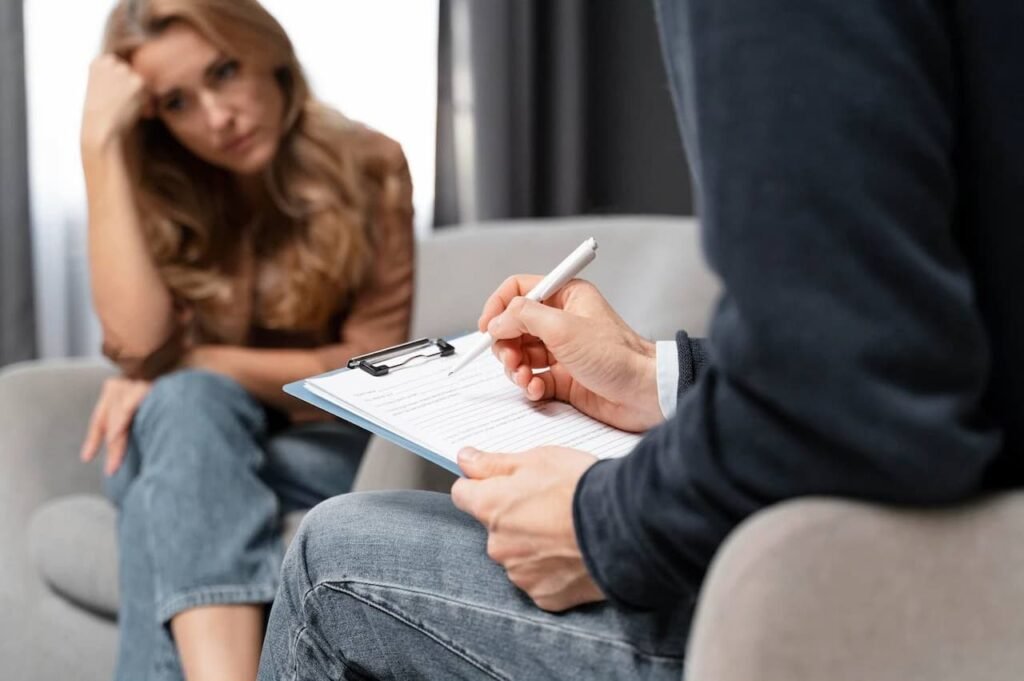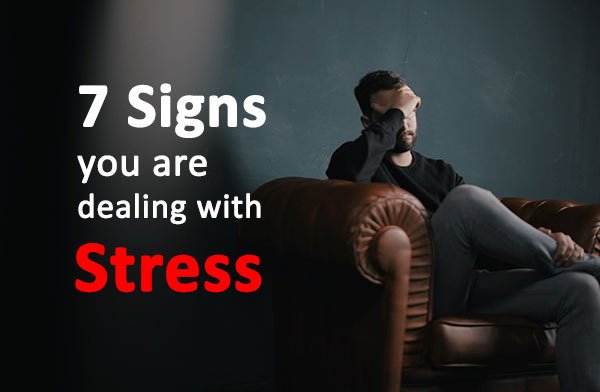Talk to a Psychologist for Online Counselling
Book Appointment 100% Private & Secure
Convenient, 100% anonymous, safe, certified professional counseling online.Crisis is a situation that makes us question ourselves if we are capable enough to provide the care and support to the people in need or not. We often feel confused about how to react and behave with people in crisis. We might think we don’t know what to say or what to do so it’s better we don’t face them or we give them some alone time. In such situations the one thing that provides us with ways to help someone in a crisis situation is “Psychological First-Aid”. In this article you’ll come across the uses and ways to provide Psychological First-Aid to someone in need. Ideally, Psychological First-Aid (also known as PFA) is given by a trained professional but if a trained professional is not near-by and if you know how to provide PFA it will not only help the people in crisis but it will also make you feel good that you were able to help someone.
What is “Psychological First-Aid” (PFA)?
Psychological First-Aid (PFA) is a term for immediate assistance to a person in a crisis situation. Psychological first-aid is for mental health similar to physical first-aid for physical health. It involves a supportive and compassionate presence specially curated to neutralize and reduce acute distress as well as providing assistance for further care. The person providing “Psychological First-Aid” neither diagnoses a person nor gives treatment. It is used for crisis interventions. It also involves helping people by providing them with basic needs such as food and water, information etc. PFA includes listening to people but at the same time not pressuring them to talk, comforting people to help them feel calm, helping them receive information, services and social support along with protecting them from any further harm.


While talking about what is psychological first-aid we should also be aware of the things that are not involved in it. The PFA does not involve providing counseling, asking questions to people to analyze what happened to them or to put the incident under a certain time frame or in a proper order, detailed discussion over the event of distress and pressuring people to share their feelings and reactions to that event.
Who needs Psychological First-Aid?
Psychological first-Aid is used for people in distress caused by a serious crisis situation. It can be used for both children and adults but it is not necessary that everyone who experienced a crisis situation will need PFA. People should not be forced to take help if they don’t want it, instead help and support should be provided to those who are in need of help. However, sometimes PFA is not enough as the people might need advanced support from a medical professional. Such cases may include hurting themselves or others, not being able to take care of oneself and their children and feeling overwhelmed, people with serious injuries that need immediate care from a medical professional.


When and where Psychological First-Aid is provided?
PFA is mostly provided to people who have experienced a crisis event recently. It is also provided during a crisis event if the event is going on for long or it can be provided just after the event ends. Sometimes if the impact is severe people need PFA even after a few days or weeks since the crisis event has ended to help them express themselves and to support them emotionally. It can be provided in shelters, health centers or camps but it is important to keep in mind to talk to the people in a privacy setting that will help them to talk freely. It is necessary to provide privacy and confidentiality to people who have experienced sexual violence or trauma to respect their dignity and to make them feel safe.
5 Things to Keep in Mind while Providing Psychological First-Aid (PFA)?
1. Respect People’s Safety, Dignity and Rights
The first and foremost thing to keep in mind while providing Psychological First-Aid is to be honest and trustworthy to those people in crisis. Keep in mind to not exploit your relationship as a helper and respect people’s right to make their own decisions. You must also keep in mind not to ask for money or any other kind of favour for providing help. Don’t do anything that might put them in any risk later because of your actions. You must treat them with respect and according to the culture and social norms from where they belong. You should not discriminate on the basis of caste, race, ethnicity, religion etc. You shouldn’t share those people’s stories with others and shouldn’t judge them for their actions and feelings.
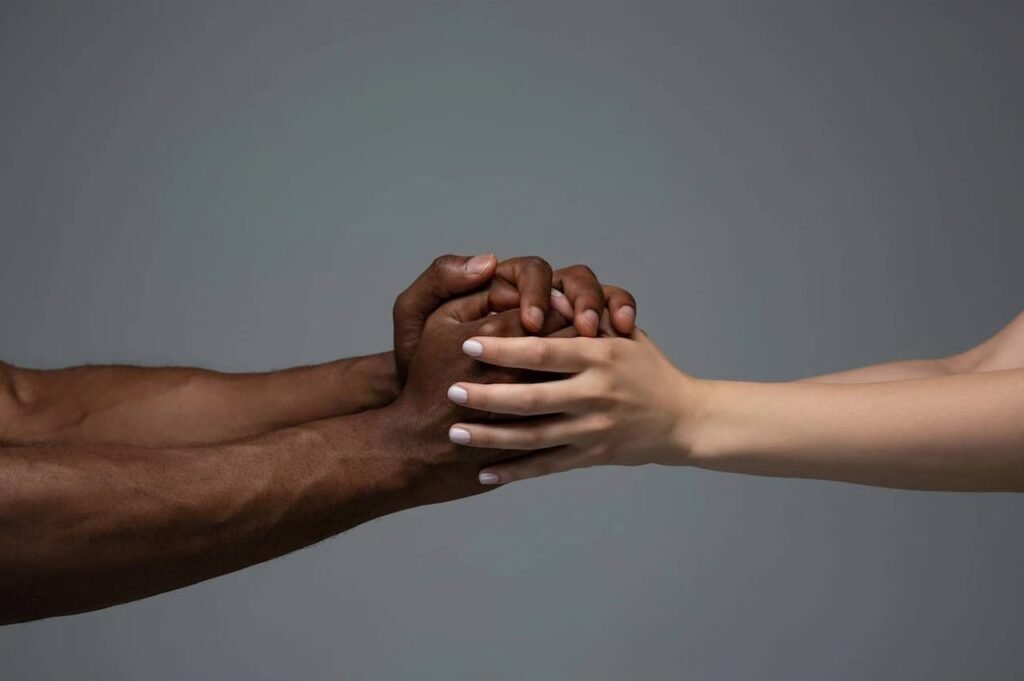

2. Good Communication
Having a good and right kind of communication goes a long way especially when a person is overwhelmed and in crisis. In such situations what you can do is – be calm, patient, show that you are understanding their issue which will help them in distress, try to make them feel safe and secure, make them feel understood, respected and cared for as the situation demands. The first step of good communication is to listen to them carefully and attentively to support them. Keep in mind not to pressure them to talk but don’t forget to assure them that you are there if they need to talk in future. In PFA, you have to be aware of your facial expressions, eye contact, gestures, body language and the way you sit or stand. Try to keep in mind not to give any false promises or assurances to people.
There might come a time when a person gets silent suddenly while talking, let the silence be there, don’t interrupt it or force the person. Don’t forget to provide them with information that is based on facts, but only if you know the information shared by you is a fact. Be honest with them about the things you know and the things you don’t. Also, if you acknowledge the strengths of those people and the way they have helped themselves will boost their self-esteem and confidence.
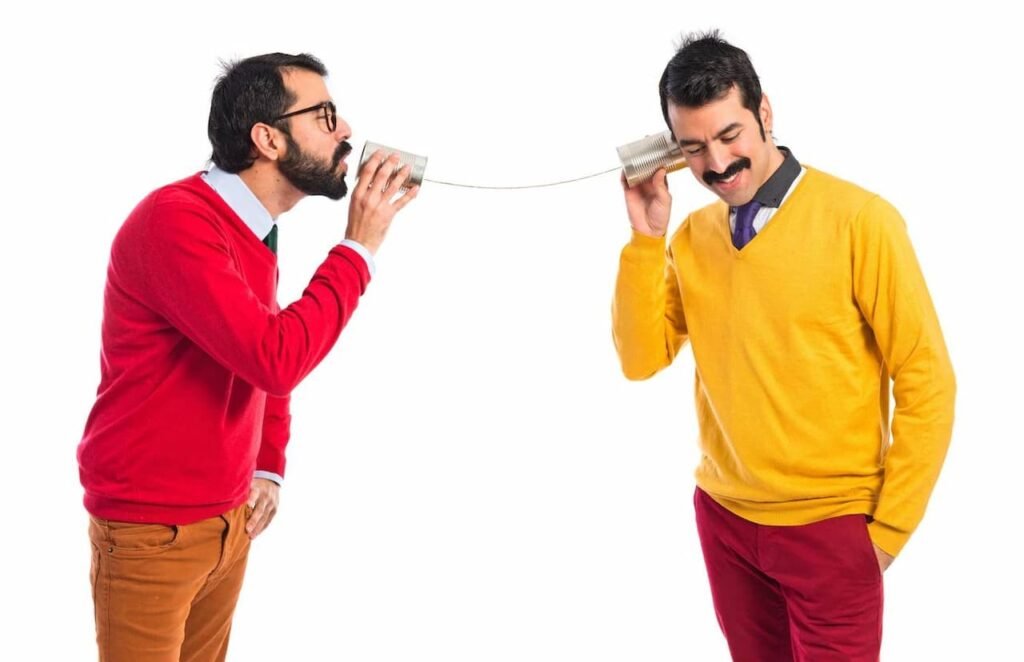

3. Prepare yourself and Learn about the Crisis Situation
It is very important to know the details of the place and the surroundings before going to a new place. It will not only help you but it will also let you help others who are in need. To start with, you should collect all the possible information of the crisis event such as – what, where and when it happened, the number of people affected by it and information about those people. The next step is to know the details about the available services and support at the crisis place such as the basic needs providers like food, water, shelter, emergency medical care, the teams responsible for tracing family members etc. It is also important to know about the dangerous places in the crisis area, the places where you can enter and where you cannot, the places that are not safe for normal civilians because of rebels, land mines etc.


4. Help People Cope with Problems
You can help people in crisis situations in such a way that they become self-sufficient to handle and cope up with problems. The first thing you can do is to help them identify their supports in life who can help them get over from the crisis situation such as their family, friends and loved ones. Provide practical information that will help them to fulfill their own needs such as explaining the ways to register for getting food and water and other necessary materials. You can ask them the strategies they used to cope with difficult situations in the past and affirm their ability to use those coping strategies in the current crisis situation.
Encourage them to use positive coping strategies such as getting enough sleep, eating and drinking properly, physical exercise, involving in relaxing activities, discussing problems with someone they trust etc. and discourage their negative coping strategies such as taking drugs or drinking alcohol, sleeping the whole day, working without any rest, isolating self from family and loved ones etc.
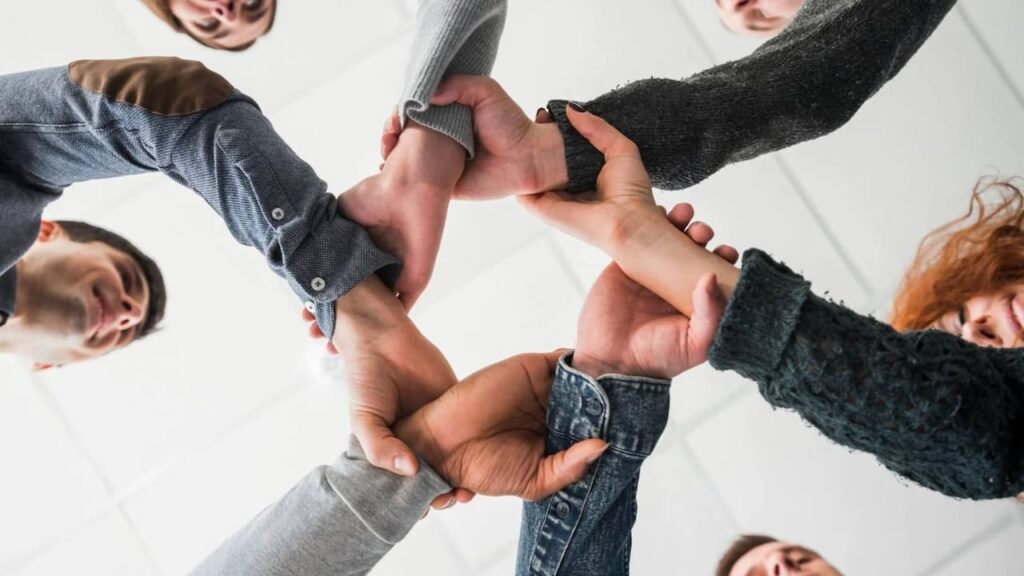

5. Take Care of Yourself too
On your way to help others in crisis, don’t forget to take care of yourself because when you are playing the role of a helper you are absorbing all the pain, disappointments, hurts, unfulfilled expectations and feelings of broken hearts of those people all at once. It can get overwhelming at times for sure and hence it is important for you to talk to someone you trust, take out some time for yourself to relax and calm yourself. Before you help others, it is very important for you to be in a state to help them in the most appropriate way so that you can deliver the exact amount of empathy and support to them.


Get in touch with Psychologists and counselors at OnlineCounselling4U
OnlineCounselling4U offers the best counseling service for anxiety, depression, stress, bipolar disorder, emotional imbalance, relationship issues, marital issues and many more. You can find certified psychologists who speak your own language and that too while you are in your own comfort place, your home. You can have one on one sessions without breaching confidentiality. You can talk to the psychologists freely because in OnlineCounselling4U psychologists are non-judgemental, open-minded and accepting in nature. You can book your appointments for any time of the day. The psychologists are always ready to help you with your issues.
Call us to book a session today.
Contact us at +91 9811335150
Email us – info@onlinecounselling4u.com
Follow us on Facebook or Instagram
Talk to a Psychologist for Online Counselling
Book Appointment 100% Private & Secure
Convenient, 100% anonymous, safe, certified professional counseling online.